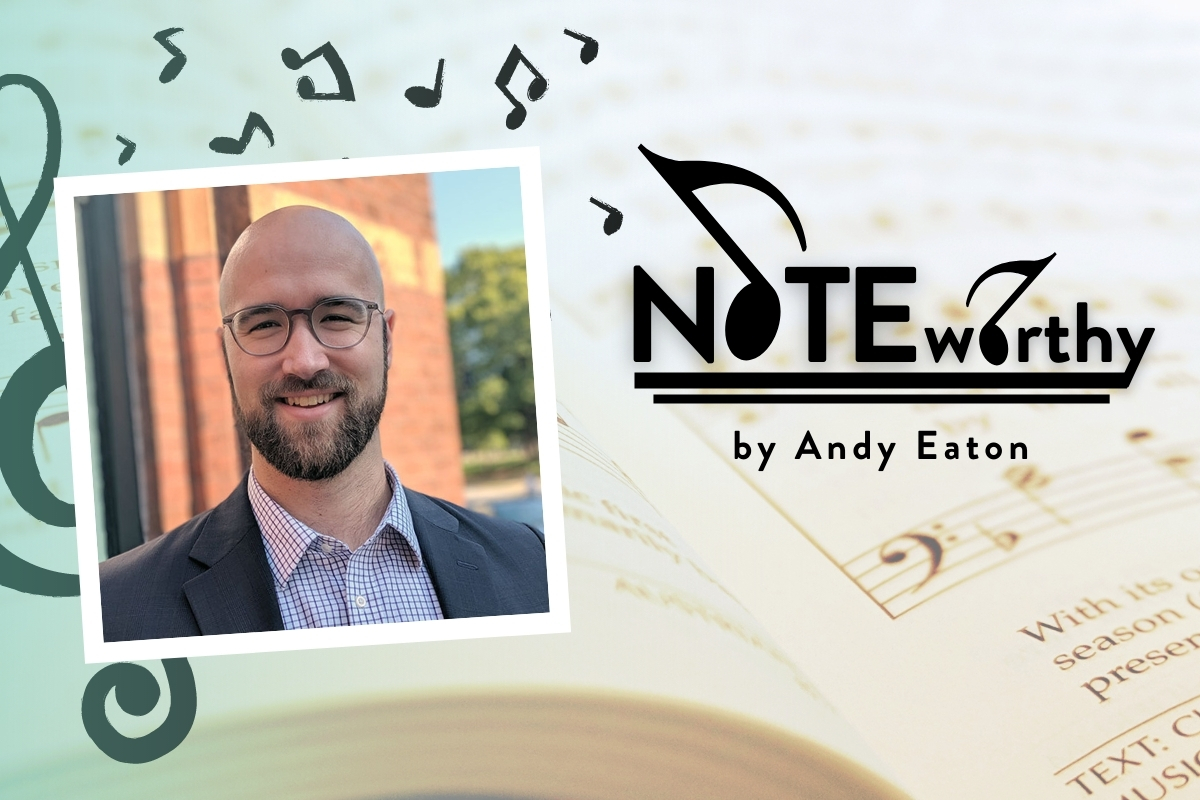Tebe Poyem
Pavel Chesnokov
We sing to you,
we praise you,
we thank you, O Lord,
and we pray to you, our God.
From the Liturgy of St. John Chrystosom
Pavel Chesnokov was perhaps the foremost composer of Russian Sacred Music, and certainly the most prolific. Of his 500 compositions, over 400 of them are sacred, written for the Russian Orthodox Church liturgy. Even more impressive, a majority of these sacred compositions were written before Pavel turned 30, when the Communist Party rose to power and forbade the creation of any sacred art.
In this time, Chesnokov composed many secular works, founded a choral conducting program at the Moscow Conservatory and conducted at the Cathedral of Christ the Savior until Stalin ordered its demolition for a skyscraper in 1933. The skyscraper was never completed, but the destruction of his home church so affected Pavel that he never composed again. He died eleven years later from a malnutrition-induced heart attack while waiting in line for bread.
Funny, even in this piece, written early in his career, you can almost hear the tragedy to come. There is a lot of Russian sacred music like this. It aches. Even with lyrics of praise and thanksgiving, there is a certain weight that is almost inescapable. Maybe it is the roar of the low basses, the generally lower registration, or even something as simple as the slower tempo, but this piece is a different type of praise than that we tend to seek in America today.
I must confess that I find this grieving glorification to be utterly entracing. It paints a picture for me of praise nondependent on worldly joys. Praise despite sadness, praise despite exhaustion, and yet, not sad itself. This praise would be no less meaningful on a bright, perfect day surrounded by friends and family. It is praise that stands separate from all else. A praise that is still and silent. An inner voice, stoically affirming that this love, this Christ, this church, is enough.
We often say in the Christian faith to seek joy rather than happiness, and I wonder if this type of praise paints a better picture of joy than the one we might hold in our hopes. This praise is not the festival anthem of higher highs and more bearable lows that brightens and enlivens, but a dirge of glory, moving ever forward, come what may.
And the lyrics of this dirge are ever:
We sing to you,
we praise you,
we thank you, O Lord,
and we pray to you, our God.
And that is enough.
So may he live, and may the gold of Sheba be given to him;
And let them pray for him continually;
Let them bless him all day long.
Psalm 72:15
And God is able to make all grace abound to you, so that having all sufficiency in all things at all times, you may abound in every good work.
2 Corinthians 9:8
Andy Eaton
Director of Music
First Presbyterian Church

